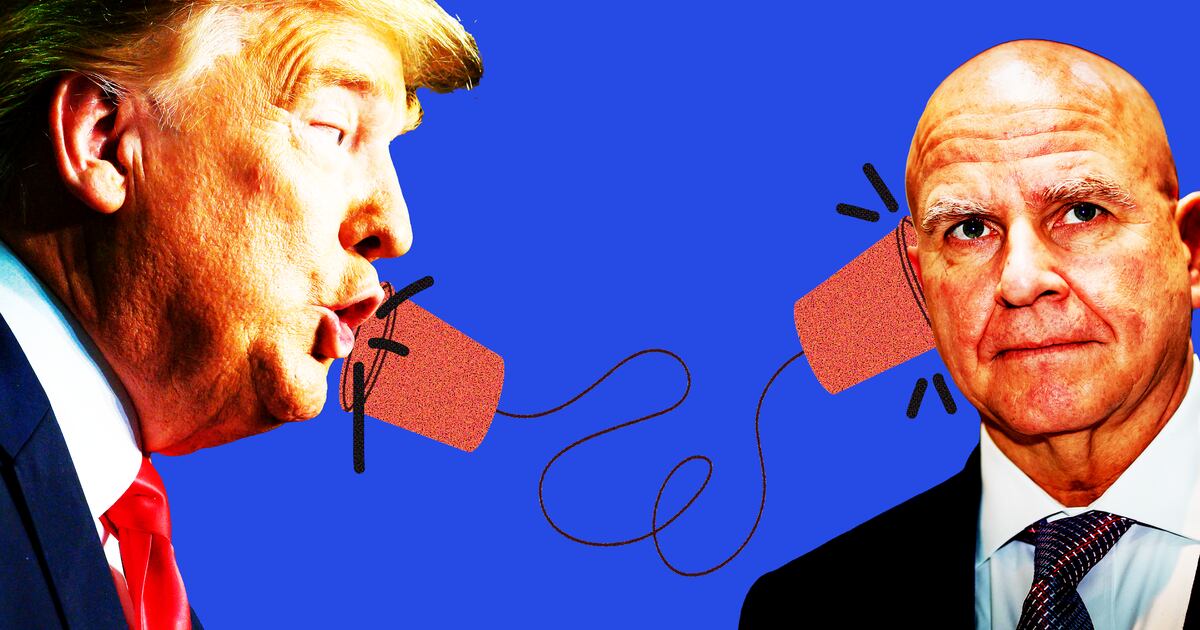Maybe it’s the caiprinhas, but just when it seemed the media mills were running short of pulp on United States civil servants behaving badly in the tropics, now comes word that another bunch of America’s top guns may have stepped over the line with sex workers in one more Latin American port of call. Except this time the setting, circumstances, and fallout were far more serious and nearly created a diplomatic incident.
According to local police, attorneys, and media, three U.S. marines went on an afterhours romp late last year that started at a strip club in Brasilia, spilled over to the police blotter, and landed Romilda Aparecida Ferreira, a 31-year-old exotic dancer, in the hospital with multiple injuries. This story comes in the wake of scandal over Secret Service personnel carousing with call girls at the Americas Summit in Colombia in mid-April, as well as reports of a similar episode at a strip club in El Salvador. But the imbroglio in Brazil was a jolt.
Brazil, after all, is the rising Latin American powerhouse and arguably Washington’s most important ally in the Americas. What’s more—Brazilian President Dilma Rousseff had just called on Barack Obama at the White House on April 9. In recent months, the two heads of state have been earnestly trying to mend bilateral relations that grew strained over foreign-policy differences over the past few years, and in reciprocal state visits have swapped vows of mutual cooperation and respect. The antics in Brasilia won’t derail that effort, but they do little to restore the tattered U.S. image among already reticent neighbors in the hemisphere.
Though details are still patchy, the timeline was fairly straightforward. On Dec. 29, 2011, as the Brazilian capital was kicking back for the holidays, three U.S. Marines and a civilian staffer assigned to the U.S. embassy apparently decided to go for a night on the town. In an embassy van, they drove to a nightclub called Apple, known for music, cocktails, and sex-for-hire. According to those familiar with the venue, it was not the first time U.S. government personnel had visited the club, with its telltale apple logo on the marquee. “The whole fruit, not Steve Jobs’s apple,” says attorney Antonio Rodrigo Machado, who was retained by Ferreira. “The bites happen inside.”

According to police depositions, the four Americans spent several hours at Apple, drinking, carousing, and growing increasingly “animated,” according to Machado. “They made several trips to the bathroom,” he says, indicating “they were possibly doing more than just relieving themselves.”
In the club, the Americans reportedly negotiated a deal “to have an orgy” with four women at a house leased to the embassy on the upscale lake district of Brasilia, Machado says. The trouble started as the group of eight left the club, some boarding the van and others a taxi. What happened next is murky, but apparently, while still in the parking lot, Ferreira and the van driver started to bicker in Portuguese. The driver then summoned one of the Americans to intervene and expel Ferreira from the van.
At that point, Marcelino Nicholas González, one of the embassy staffers, reportedly climbed out of the taxi, strode over to the van, opened the door and allegedly yanked Ferreira from the vehicle, then banged on the side of the van for the driver to take off. But as the van started to move, Ferreira clung to the door—“out of fear,” says Machado—until she could hold on no longer and fell to the pavement, hitting her head and passing out.
The van then drove off with the Americans aboard, leaving the women behind and Ferreira prostrate on the pavement, unconscious and injured. She spent the next 13 days in the hospital.
The U.S. embassy in Brasilia, while acknowledging that Ferreira was injured, countered that she was not pushed out of the moving vehicle but jumped, hurting herself as she fell. In a brief statement to the press, the U.S. embassy said it “is fully cooperating with the appropriate Brazilian authorities, including the civil police.” The embassy also stated that the “individuals involved” in the incident “are no longer in Brazil” and deflected further press inquiries to the Brazilian civil police, adding it has not been notified of any formal charges.
Collared by reporters during his official visit to Brazil last week, U.S. Defense Secretary Leon Panetta said the embassy officials named in the incident had been “severely punished” and sent back home.
Ferreira did not return The Daily Beast’s calls, but her attorney confirms that the police originally filed the case as a possible traffic violation but have reclassified it as a criminal investigation. Machado is seeking an unspecified sum for health expenses, compensation for disability, and emotional stress. He said Ferreira has already paid some 40,000 Brazilian reais (around $21,000) in hospital fees. Due in part to her injuries, she has quit her job as an exotic dancer. “How can she take off her clothes full of scars?” Machado says. Ferreira has since opened up a pet shop, borrowing money from a loan shark, who apparently “took pity on her,” Machado says.
Oddly, the incident had been hushed up in Brazil for the last three months, as Ferreira’s lawyer and the embassy haggled over details and a possible settlement. According to Machado, embassy representatives initially offered to pay Ferreira around $1,600, a sum she declined. She then countered with a claim of $85,000, which the embassy reportedly rejected. Since then negotiations have stalled, with an embassy attorney allegedly advising Ferreira to “forget the case, which was going nowhere.”
Ironically, the case might not have gone public at all if not for a separate scandal over an unrelated diplomatic incident now roiling the Brazilian capital. Late last month, an Iranian diplomat was accused of molesting several girls at a recreational club in Brasilia. Hekmatollah Ghorbani, a senior diplomat at the Iranian embassy, allegedly was caught “fondling” four girls aged 9 to 15 in the club swimming pool and was nearly lynched by the girls’ furious family and friends. The embassy promptly sent Ghorbani back to Iran and announced an internal investigation, but further enraged the Brazilians with a statement blaming the incident on “cultural differences” and on possible “incomprehension by individuals living in an environment alien to their own cultural characteristics.”
The link to the Americans arose as a local television reporter probing the Iranian case rang Machado, an expert in diplomatic law. At the time, rumors of an incident involving prostitutes and U.S. Marines were circulating in Brasilia and the reporter, as an afterthought, asked Machado if he had heard anything. “That’s when I spoke out about Romilda,” he says. “I had no desire to make a public scandal or put the U.S. in a bad light.”
But with reports then flying over Secret Service dalliances with prostitutes in Colombia and El Salvador, by then it was too late.






